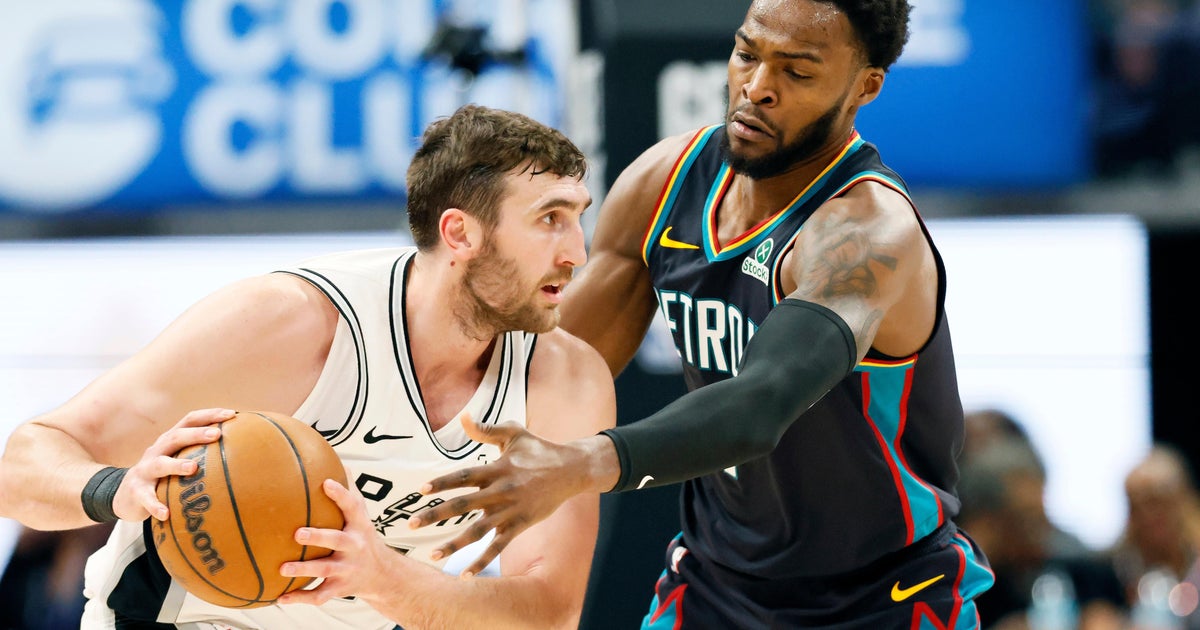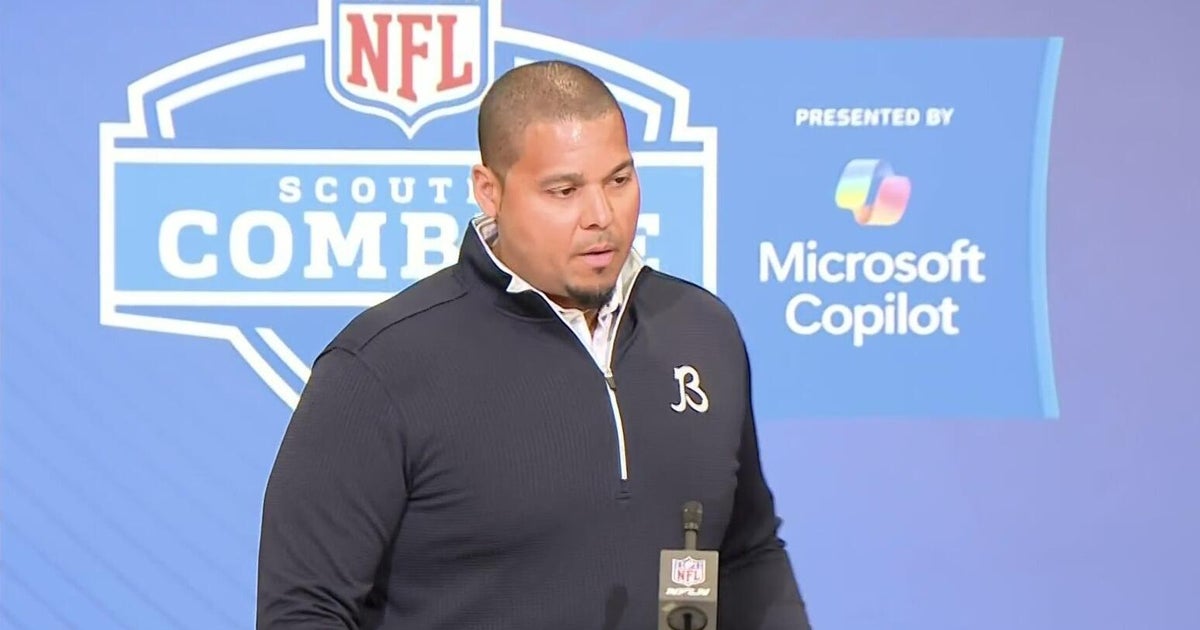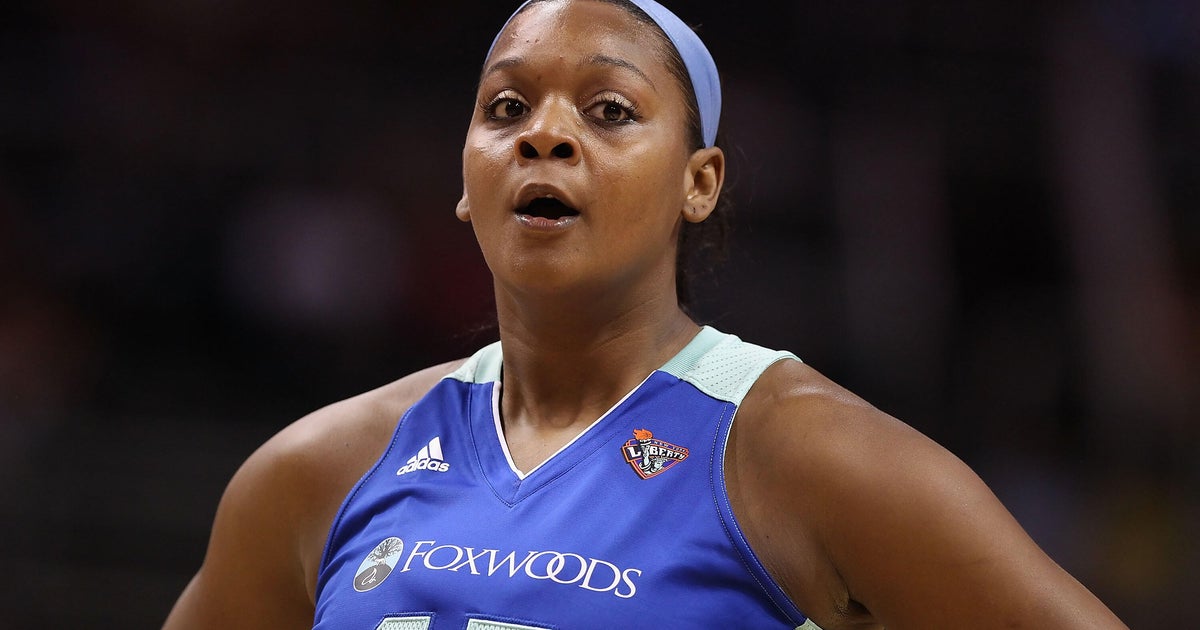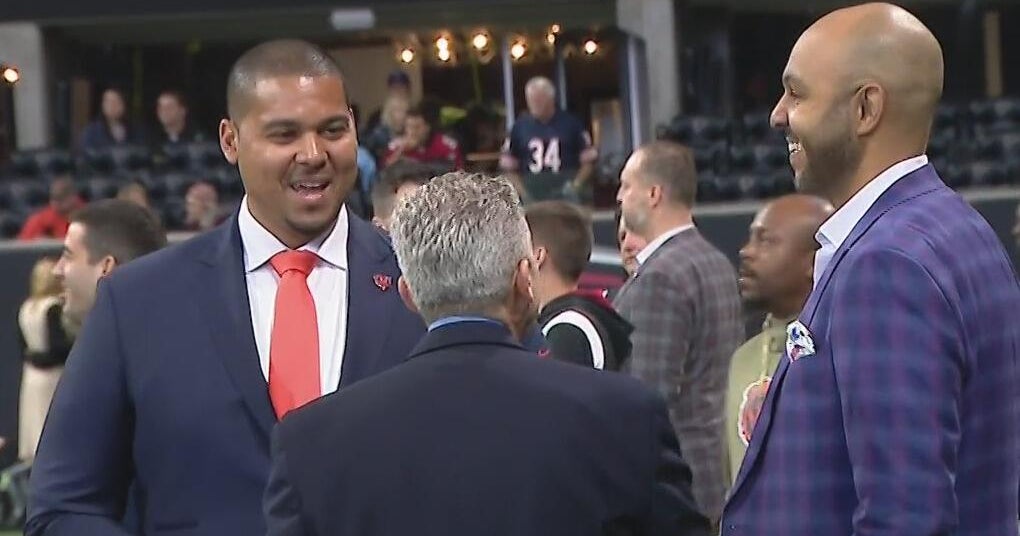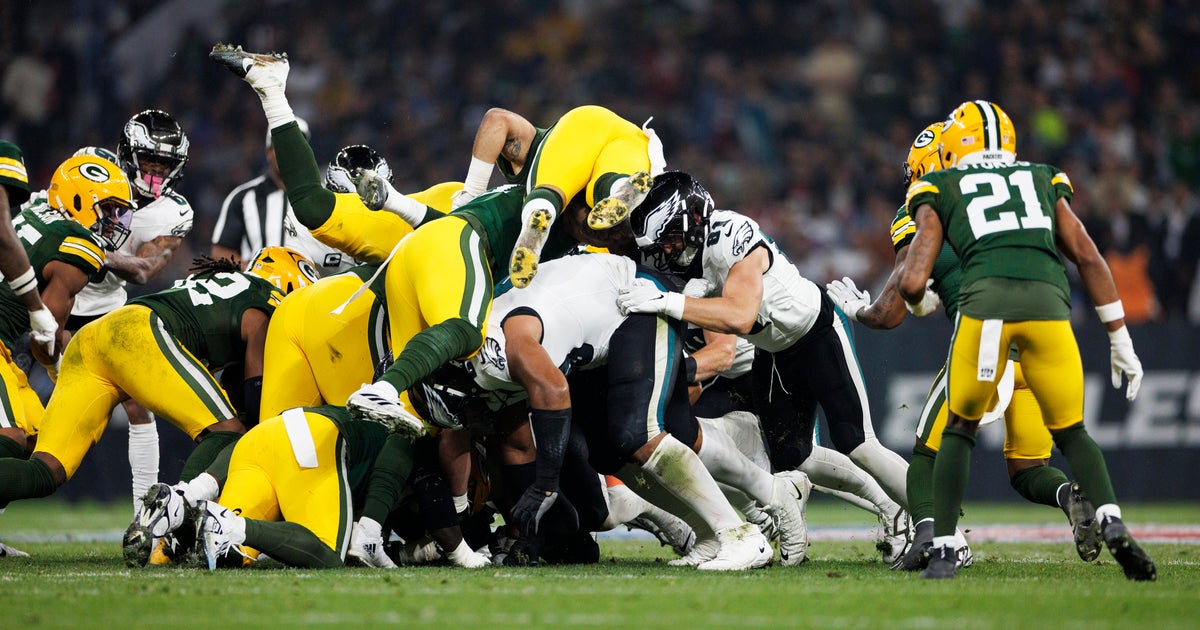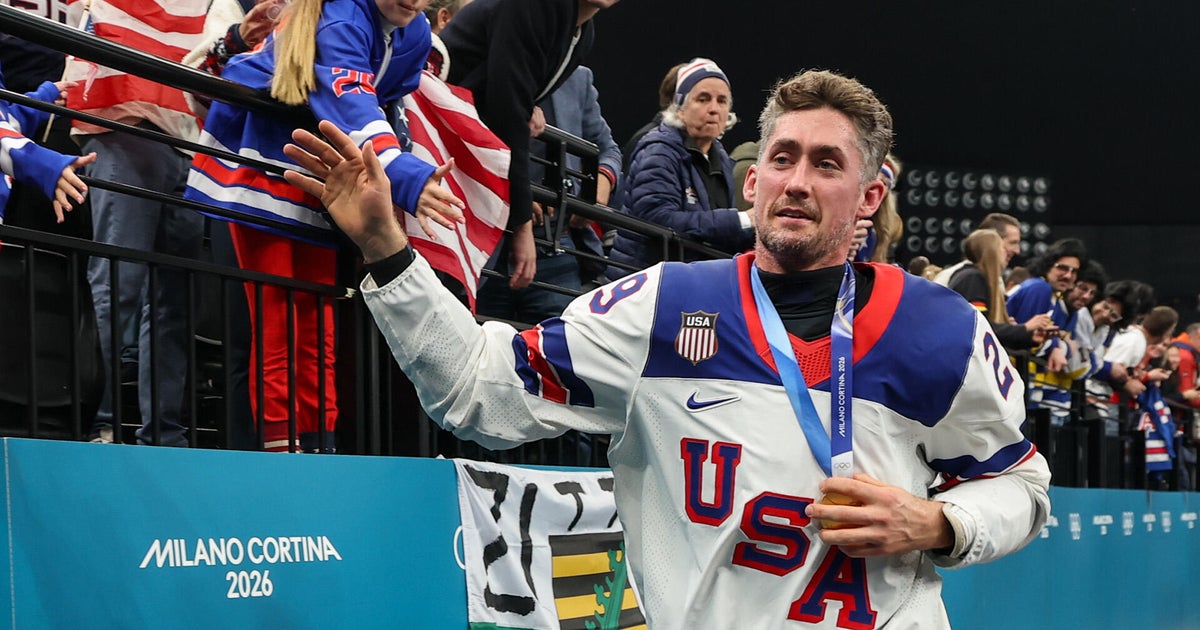David Stern: NBA To Look At Contraction
The NBA currently has thirty teams, but the league's commissioner, David Stern, seems open to the possibility that that number of franchises could shrink in the future.
Speaking on an ESPN.com podcast, Stern stated that there is some interest in contraction from both the league and players sides and that the subject will be picked up after the current Collective Bargaining Agreement negotiations are completed.
"[Contraction] is not a subect that we're against," Stern said. "In fact, when you talk about revenue sharing, a number of teams have said that if you have a team that is perpetually going to be a recipient, aren't you better off with the ability to buy them in? Because between the revenue sharing and the split of international and the TV money, we could almost buy them in with their own money.
"The players actually have been heard to suggest that as well, which was interesting because that means they are suggesting that we eliminate 30 jobs, or the potential for 30 jobs. So we've said to the players, you know, 'Give us the right to contract, let's agree upon what the basis will be. Let's make this deal and then let's continue to look at that subject.'"
One obvious hurdle to contraction, Stern acknowledged, is the selection of which team or teams would be put on the chopping block.
"If you look for volunteers," Stern said. "There aren't many teams raising their hand."
Stern explained that folding a team is not something that he could unilaterally decide to do and that any such decision would have to take into account the interests of the ownership groups.
"I do represent 30 owners," Stern said. "[Saying to an owner] 'I'm here to tell you that I think you should go out of business and no longer own a team' is something that needs to be done pursuant to a plan. We'll see how that works after we make a [CBA] deal and the revenue sharing deal."
Three oft-discussed contraction candidates are the New Orleans Hornets, which the NBA itself runs, the Sacramento Kings, whose ownership group is struggling and recently failed to relocate to Anaheim, and the Charlotte Bobcats, who have struggled financially after the city's previous tenant, the Hornets, relocated.
Stern argued that the Hornets will continue to be a profitable franchise and New Orleans will be a viable city going forward.
"New Orleans is actually going to be a top-15 grossing team when it has its 10,000 season tickets and the like," Stern said. "Together with an expression of support from the state [of Louisiana], it's going to be an interesting team that I'm not sure is a candidate for contraction."
Stern also said it was simply too early to render a verdict on Sacramento and the Kings.
"I just don't want to get involved in discussion of individual teams," Stern said. "Right now we're working very hard with Mayor Johnson who has put together a plan that seems to suggest that a new arena would be a huge economic incentive -- $7 billion over 30 years -- and has been able to generate support for the project from the entire region. So let's see how that goes before we start talking about contraction."
He also noted that Sacramento has until April 2012 to put together an arena deal.
Stern made the Bobcats sound safe as well.
"We have a long-term lease of a brand new building and we have a very unfortunate launch of that expansion franchise," Stern said. "Michael Jordan is leading... what's the opposite of an excavation? He is digging out, but he's building up the franchise. Sponsorships are up, tickets are up, an unfortunate TV deal is being reworked on an ongoing basis. I think Charlotte will be a candidate for revenue sharing in its current format, no question about it. North Carolina -- we're going to abandon it and say they're not supporting basketball?"
Lastly, Stern mostly dismissed the possibility of merging two current teams into one.
"We'll examine all of that but our individual owners are very committed to their cities," Stern said.
